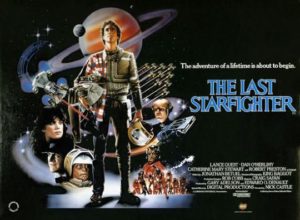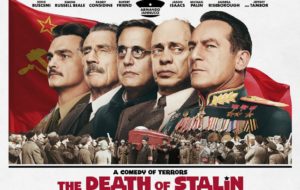It’s a little shocking to me just how quickly the revisions to my novel are proceeding. The first act has been corrected and locked, the second act has been turned over to my sweetie-wife for her excellent review and I started in on the third act this week.
Most people write in a three-act structure but lately I have been experimenting with a five-act format. I like how it breaks the story down into smaller elements and that the elements themselves have in general a better defined nature than establishment, conflict, resolution. So even after my third act is fixed that still leaves two more to complete.
I am also a bit surprised by how quickly the story is progressing. The nature of the plot and of the story, those are separate elements in my opinion, caused me a bit of a concern that it might begin rather slowly and beginnings are so terrible important. In fact when I wrote the first draft it originally had a prologue and it was the type that promised drama and action for later in the story but I have no awakened from my dread and I am cutting the prologue. It looks to me that the character and his troubles start at the opening scenes and the prologue was simply a mistake.
(Of course I still may be deluding myself, but that is what beta-readers are for.)
I have also received word that an editorial team at a comedic SF anthology likes my writing and have invited me to submit to their next anthology. That is very flattering and their submission window is still open. The question is can I compose something that is funny and within the tight but not impossible deadline? Comedy is very much outside of my skill set and my comfort zone and yet I am always advising fellow writers that they should attempt things outside of their comfort zone. I have a couple of ideas, but for me the forging of ideas into plot and story is the most challenging aspect of creation.



